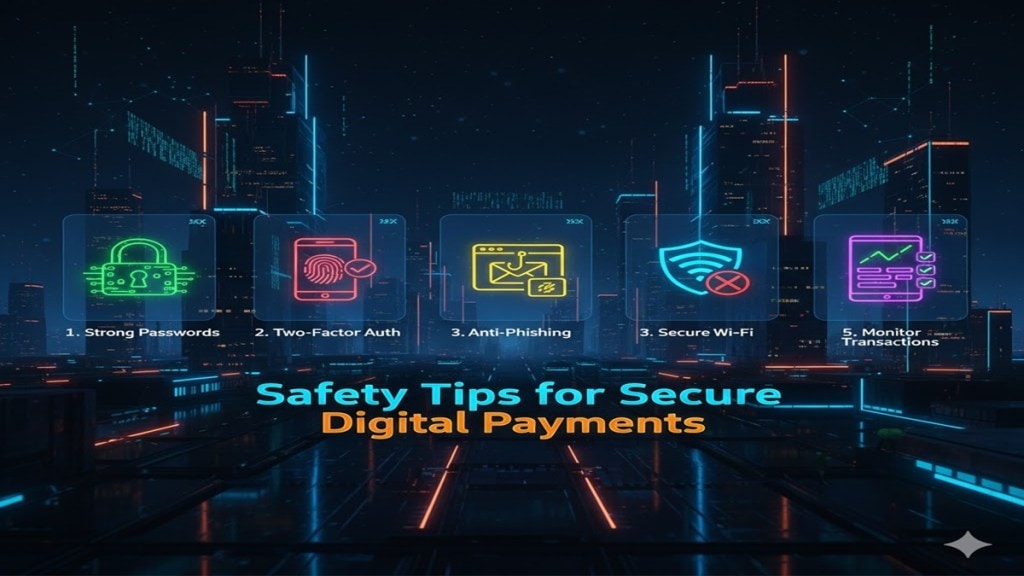The National Payments Corporation of India (NPCI) has urged users to stay cautious against rising digital payment scams. Fraudsters often take advantage of impulsive festive purchases. NPCI – a non-profit organisation that manages India’s retail payment and settlement systems – has shared some important safety tips to help people make secure digital payments.
“Festivals are a time of celebration, gifting, and increased shopping activity. Both online and offline channels offer attractive discounts, limited-time sales, and cashback promotions that encourage quick purchasing decisions,” the NPCI said in a release.
Many individuals may act impulsively to secure a “too good to be true” deal during the festive rush, and scamsters are aware of these behavioural patterns and often exploit them through social engineering, it said. “As scams evolve with technology, awareness and a few mindful steps can help users enjoy a safe and seamless experience,” the NPCI added.
Here are five key safety tips from NPCI for secure digital payments during the festive season
1. Shop only on official apps and websites
Fraudsters create lookalike websites and links, especially during sale season, to steal personal and payment details. Always type the web address yourself or use the official app. Avoid clicking on links from promotional emails, SMS or forwarded messages. Do not download files or click on links from unknown sources, as they may contain harmful software and could gain access to your device.
2. Complete payments only within the platform
Some scams push users to pay on external UPI IDs or links outside the shopping app or site, skipping safety checks. Always complete transactions on the official checkout page and confirm the seller’s details.
3. Be careful with free vouchers and cashback promises
Messages offering rewards, cashback or festival gifts may ask for OTPs, account details or small “fees”. Genuine offers don’t need sensitive information or upfront payments. Pause and verify before engaging.
4. Treat unexpected OTP requests as a warning
Some messages claim that a payment has failed, or an account is blocked, and then request OTPs to “fix” the problem. OTPs are meant only to confirm a transaction initiated by users. Banks or payment apps never ask for them over calls or messages.
5. Don’t act under pressure
Scammers create urgency by saying an offer will expire soon or your account will be blocked if you don’t act. Genuine platforms don’t use fear or rush tactics. Take a moment to check before responding.
To ensure a secure transaction experience, users should adopt the ‘Stop, Think, Act’ principle. By stopping at the point of unexpected requests, thinking and verifying the information, and acting wisely, users can effectively safeguard transactions and protect sensitive information, ensuring a secure experience.


